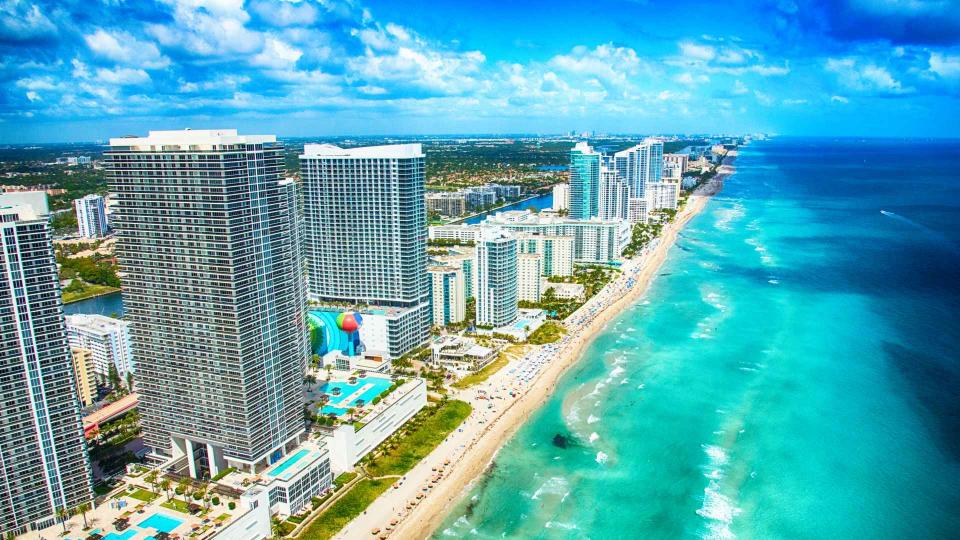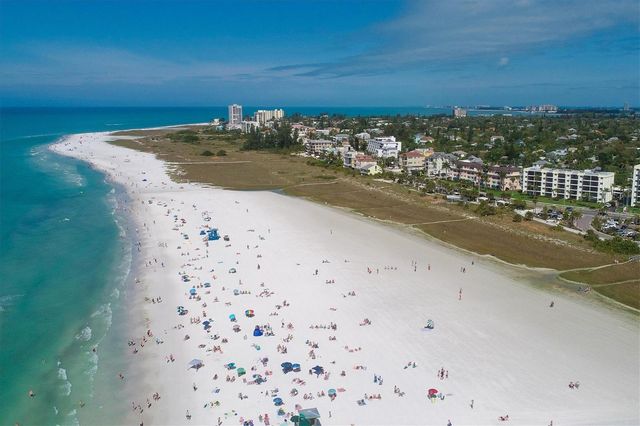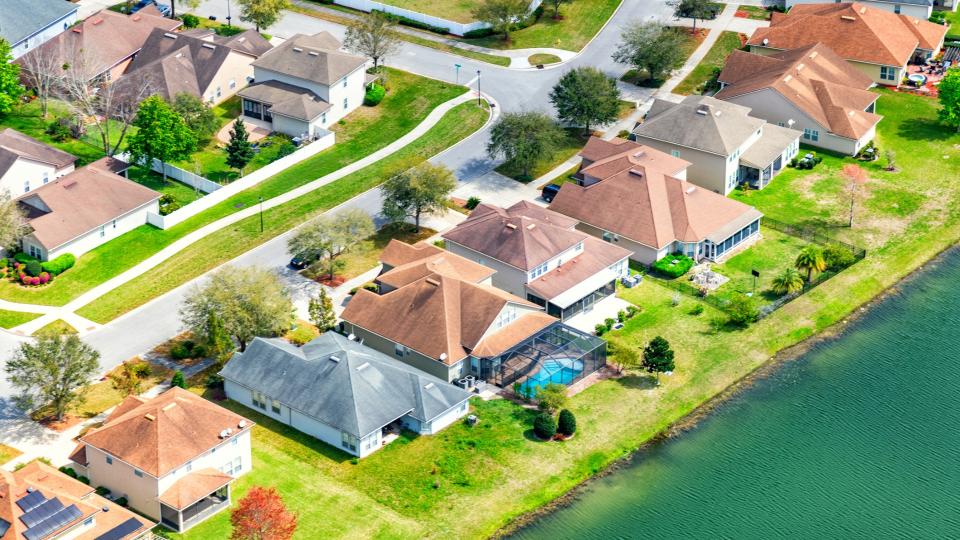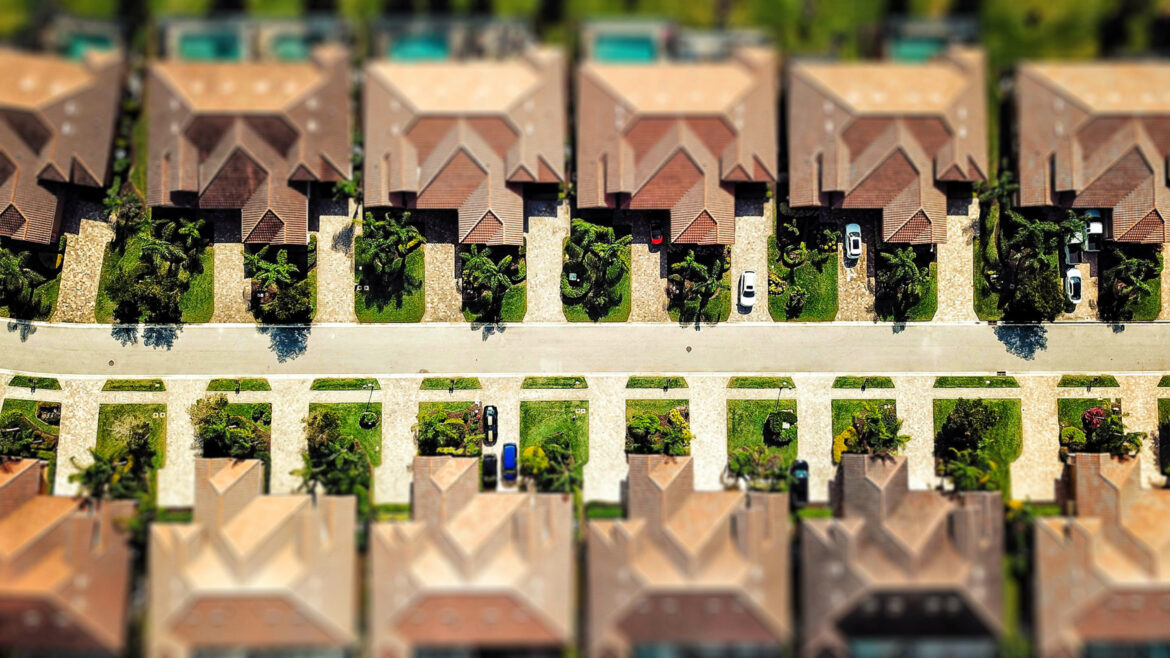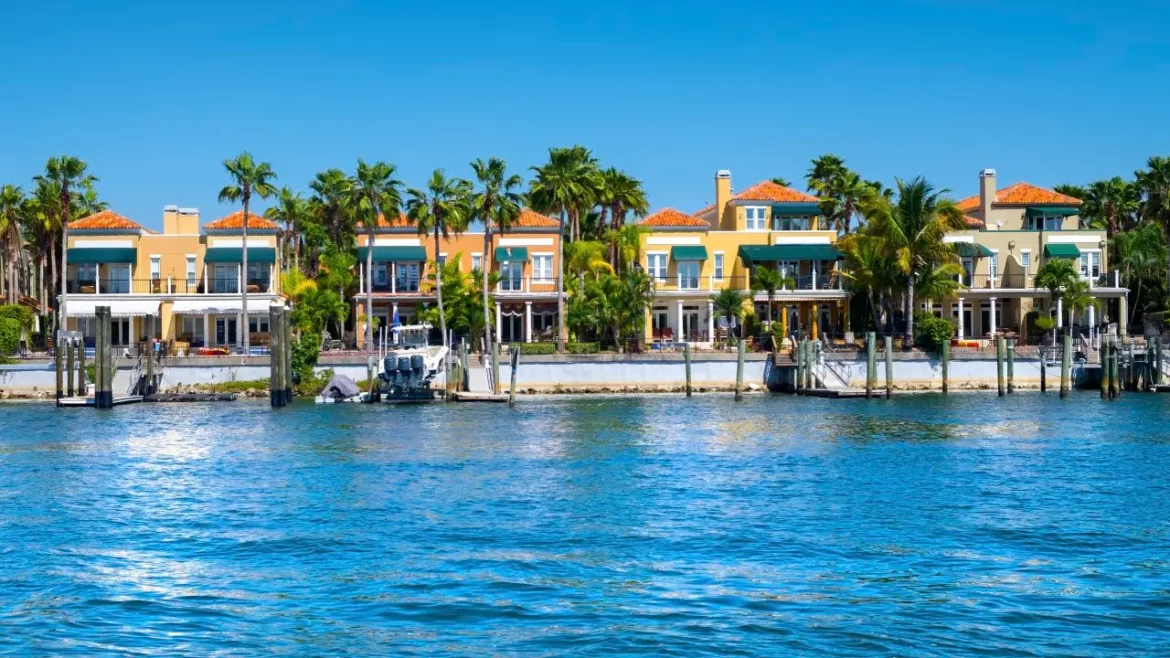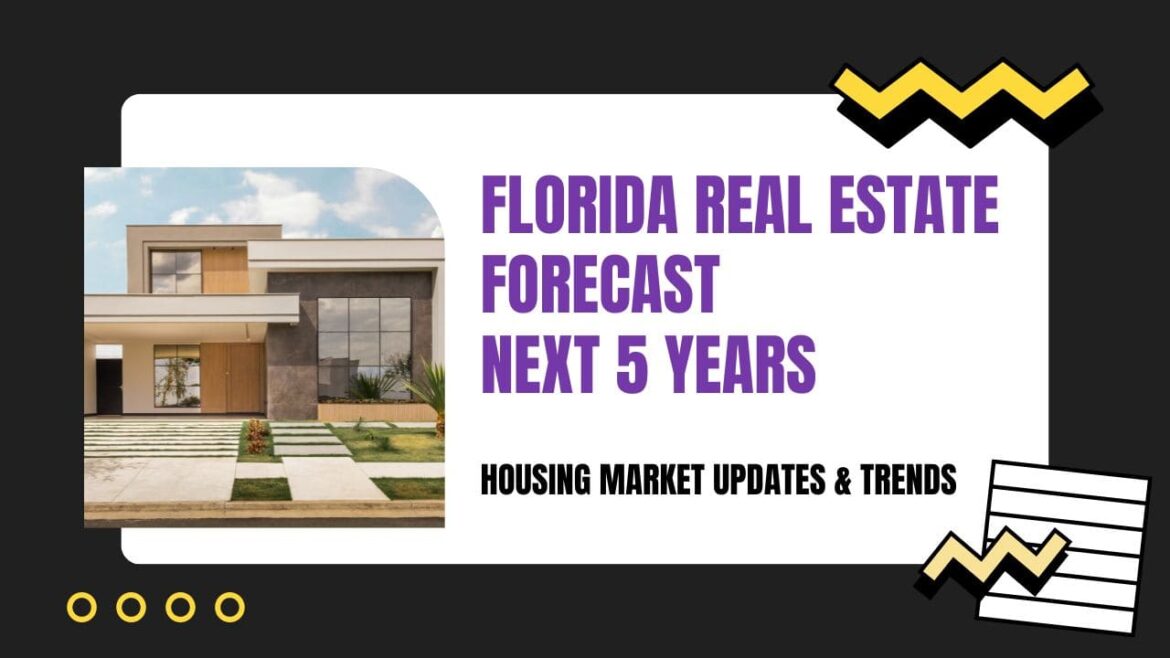Florida Real Estate Market Faces Price Cuts as Inventory Levels Surge
https://seasideinvestfl.com/wp-content/uploads/2024/06/664ccd2135af8e18bb6836e9.jpg
640
426
Ines
https://secure.gravatar.com/avatar/0106806cb477f25d7f89cb87b67e4f3f622ecb464573dd53b29bfd5ba789b06c?s=96&d=mm&r=g
Florida Housing Market in 2024: Key Insights from Dave Ramsey
https://seasideinvestfl.com/wp-content/uploads/2024/06/04a53c75f00bf8604a0fa5b758694ede.jpeg
960
540
Ines
https://secure.gravatar.com/avatar/0106806cb477f25d7f89cb87b67e4f3f622ecb464573dd53b29bfd5ba789b06c?s=96&d=mm&r=g
Shifting Dynamics in the Housing Market: Insights from Florida and Texas
https://seasideinvestfl.com/wp-content/uploads/2024/06/p-1-91119996-northeast-housing-market-hot-florida-softening-scaled.jpg
2560
1440
Ines
https://secure.gravatar.com/avatar/0106806cb477f25d7f89cb87b67e4f3f622ecb464573dd53b29bfd5ba789b06c?s=96&d=mm&r=g
Florida Real Estate Market Update: Signs of Improvement Amid Challenges
https://seasideinvestfl.com/wp-content/uploads/2024/06/Real-estate-fundamentals-1.jpg
1200
737
Ines
https://secure.gravatar.com/avatar/0106806cb477f25d7f89cb87b67e4f3f622ecb464573dd53b29bfd5ba789b06c?s=96&d=mm&r=g
Housing Market 2024: Steer Clear of These 10 Florida Cities for Home Purchases
https://seasideinvestfl.com/wp-content/uploads/2024/06/bc445a2f53ab81c3cce875729203f6dc.jpeg
675
380
Ines
https://secure.gravatar.com/avatar/0106806cb477f25d7f89cb87b67e4f3f622ecb464573dd53b29bfd5ba789b06c?s=96&d=mm&r=g
South Florida Real Estate Market Sees Resurgence in April with Historic Highs in Sales and Prices
https://seasideinvestfl.com/wp-content/uploads/2024/05/1716737533-miami-dade-broward-impulsan-mercado-inmobiliario-sur-florida.webp
1200
630
Ines
https://secure.gravatar.com/avatar/0106806cb477f25d7f89cb87b67e4f3f622ecb464573dd53b29bfd5ba789b06c?s=96&d=mm&r=g
Navigating the Florida Housing Market: Trends and Projections for 2024-2026
https://seasideinvestfl.com/wp-content/uploads/2024/05/housing-market-florida.jpg.webp
1280
720
Ines
https://secure.gravatar.com/avatar/0106806cb477f25d7f89cb87b67e4f3f622ecb464573dd53b29bfd5ba789b06c?s=96&d=mm&r=g
Navigating Florida’s Dynamic Real Estate Landscape: Insights for Investors
https://seasideinvestfl.com/wp-content/uploads/2024/05/florida-housing-market.jpg
1280
720
Ines
https://secure.gravatar.com/avatar/0106806cb477f25d7f89cb87b67e4f3f622ecb464573dd53b29bfd5ba789b06c?s=96&d=mm&r=g
Florida’s Controversial Real Estate Law: National Security or Discrimination?
https://seasideinvestfl.com/wp-content/uploads/2024/05/real-estate-attorney-florida-law-1.jpg
1170
658
Ines
https://secure.gravatar.com/avatar/0106806cb477f25d7f89cb87b67e4f3f622ecb464573dd53b29bfd5ba789b06c?s=96&d=mm&r=g


